Fashion & Ecology
The fashion industry, a necessary transition
80 billion pieces of clothing are produced each year in the world. Fast-fashion often produced in Asia at low prices, which symbolizes disposable fashion: ¾ of our clothes will ultimately never be worn.
A STATE OF EMERGENCY:
100 million clothes are bought each year in the world, ie 9.2 kg per French person per year.
2% of textile workers earn a living wage and 80% of them are women
Over 100 million children work in textile production
4 million tons of textiles discarded each year in Europe
Only 13% of textile materials are recycled
Textile production pollutes nearly 20% of water resources and accounts for 2% of global greenhouse gas emissions each year.
COMPLEX ISSUES:
The time factor: whatever the type of brand as well as the business model, the production and distribution processes, even if they can be optimized, retain an incompressible dimension.
The price factor: the price set depends on a multitude of criteria and it may vary, for example with higher quality. In addition, price remains one of the first criteria for consumers who are very sensitive to it. Nevertheless, we observe that more than 50% of consumers are ready to pay more for an eco-responsible product.
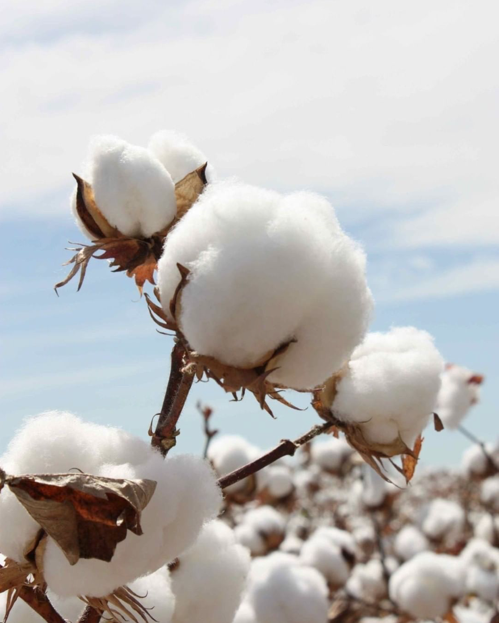
A transition started towards more responsible fashion
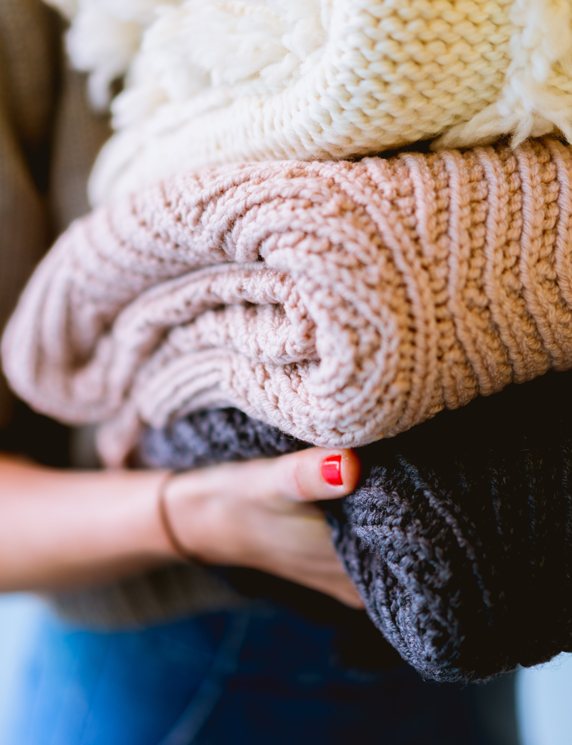
FROM FAST FASHION...
Very rapid renewal of collections which can lead to overconsumption on the part of buyers and overproduction on the part of brands.
Behind the pull of low prices can hide a very low cost workforce with often neglected working conditions.
Use of fabrics that are quick to manufacture and very rarely recyclable (jersey, cotton poplin, polyester satin, etc.). Cotton requires a lot of pesticides, and polyester is made from petroleum.
Manufacturing processes often involve the use of chemicals that are very harmful to the environment and natural resources.
...TO SLOW FASHION
Ecology: organic, non-toxic materials
Durable: high quality for better durability
Ethics: fair and ethical trade
Recycling: repair, Upcycle, recycle
Re-use: rental or second hand
Global impact: Environmental impact of transport, (preference for local productions)
Transparency: the manufacturing process is fully known
Production methods
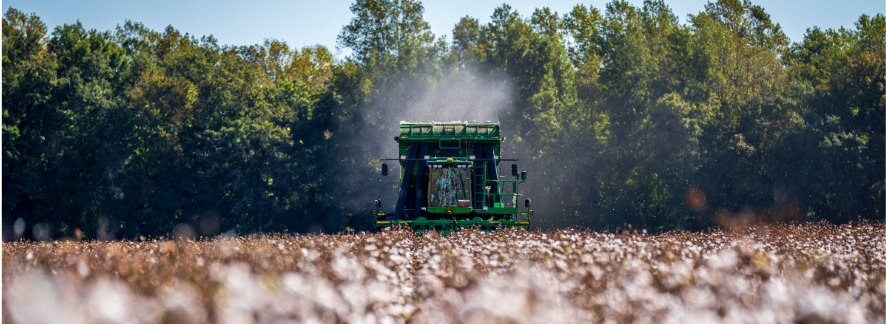
AGRICULTURAL POLLUTION
The production of non-biodegradable textile raw materials involves the abundant use of water, pesticides, fertilizers, and other chemicals that are harmful to the planet. Cotton alone is responsible for 10% of the world's consumption of pesticides and 25% of insecticides.
HEALTH
Chemicals used in garment manufacturing processes can present a high risk of poisoning exposed workers. This is the case with heavy metals such as lead, used for dyes, which cause an average of 20,000 deaths each year.
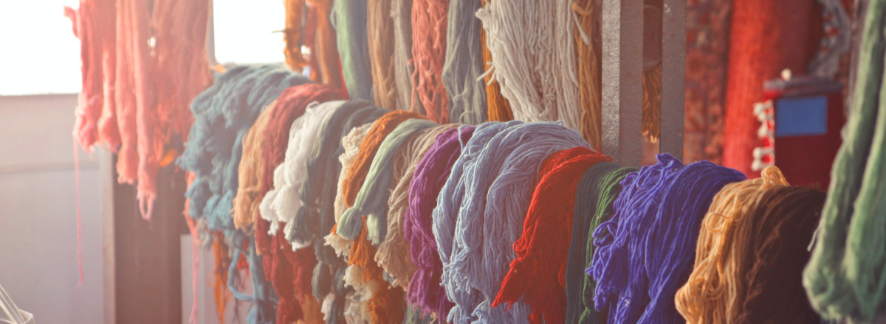
Ethics
HUMAN RIGHTS
If the tragedy of Rana Plaza marked the spirits in 2013, the conditions of manufacture of certain clothes are nonetheless doubtful: low wages, forced labor, child labor ... It is extremely important to question the origin of these clothes so as not to condone these practices.
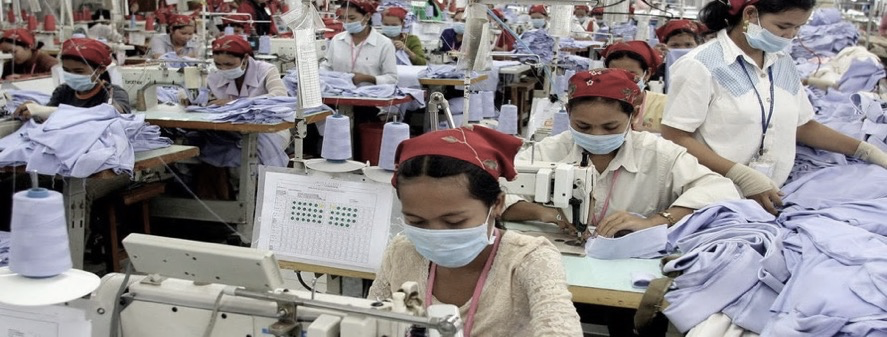
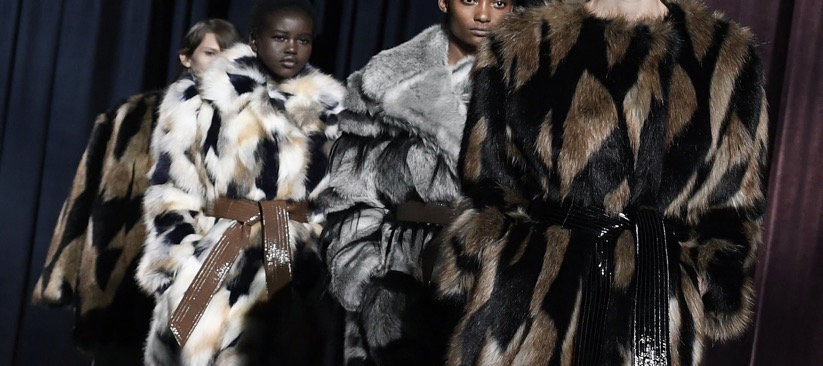
ANIMAL WELLBEING
The production and purchase of fur, leather, feathers and other animal materials often imply abominable breeding conditions for animals (small spaces, undernourishment, mistreatment ...). Knowing that a single fur coat requires the death of 50 mink, isn't the price a little too high to be 'trendy'?
The recycling

UPCYCLING
Upcycling consists of transforming a garment into a different piece. It is a question of diverting it, taking back all or only part of the product to make a new one. This is a very good way to reduce our textile waste as well as our consumption more generally.
THE RECYCLING
Whether recycling finished products or fabric scraps directly in textile factories, this practice is experiencing significant growth in the fashion world. This principle thus makes it possible to reuse textile fibers as a new raw material. In addition, although this practice is still underdeveloped, 70% of consumers today say they are ready to pay more for a more eco-responsible product.

Made in France

WHY MADE IN FRANCE?
For both French and foreign consumers, Made in France is a guarantee of quality and represents support for the local and responsible economy. Thus, more and more consumers want to consume less but better, which reflects a promising trend for the Made in France market. In addition, nearly 70% of French people are ready to pay more for products made in France.
TO GO EVEN FURTHER
Thus, beyond favoring 100% French consumption which remains limited in the fashion sector, it is above all a question of supporting brands that care about the origin of their products and their manufacturing process. There are also many labels certifying products exclusively manufactured in the European Union, for example.
Which materials to choose?
MATERIALS TO PREFER
Organic cotton: less polluting and consuming less water than conventional cotton.
Flax: one of the most ecological fibers, the production of which requires little irrigation and fertilizer.
Hemp: a very resistant and low-polluting fiber whose production remains respectful of the environment and the soil. France is the leading European producer!
Recycled synthetic fibers are also a good alternative to certain materials and help reduce pollution and water consumption.
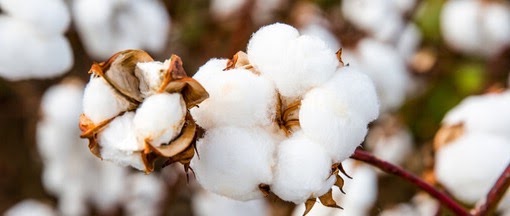
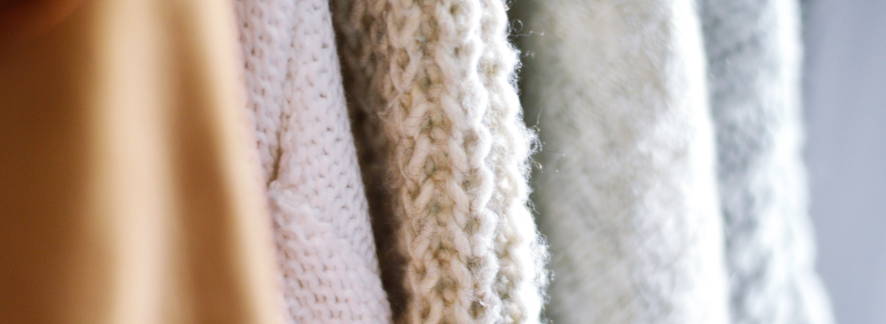
MATERIALS TO AVOID
Conventional cotton: its production is one of the most polluting in the world and consumes a lot of water.
Viscose: fiber resulting from a very polluting and toxic chemical process
Other synthetic fibers such as polyester, acrylic or polyamide which require many chemicals to produce.
Committed brands

Ecological & sustainable cloakroom since 2001 without leather, furs and animal fabric.
Ecoalf x Upcycling the ocean to recycle marine debris into premium quality yarn and help clean up the oceans.

Collections 100% made in France
Lacoste x Save our Species to support the conservation of endangered species?
Commitment to support workers in manufacturing plants.
Manufacturing process respecting fair trade and mobilization of recycled & natural materials (polyester, rubber, etc.)
Collections made with sustainable and recyclable materials, without fur.
A pioneer of fair trade who has been using organic and natural materials for years (Fairtrade, GOTS certified, etc.)
Support for the economy and social development of Africa with part of the profits donated to local associations.
Close collaboration with local and environmentally friendly suppliers.

Animal Free Fashion certified brand that offers outerwear with PLUMTECH padding
Recycling of workshop waste and creation of unique pieces.

Environmentally friendly production and marketing process (solar energy, biodegradable packaging, etc.)

Brand of jeans Made In France made with organic cotton.
